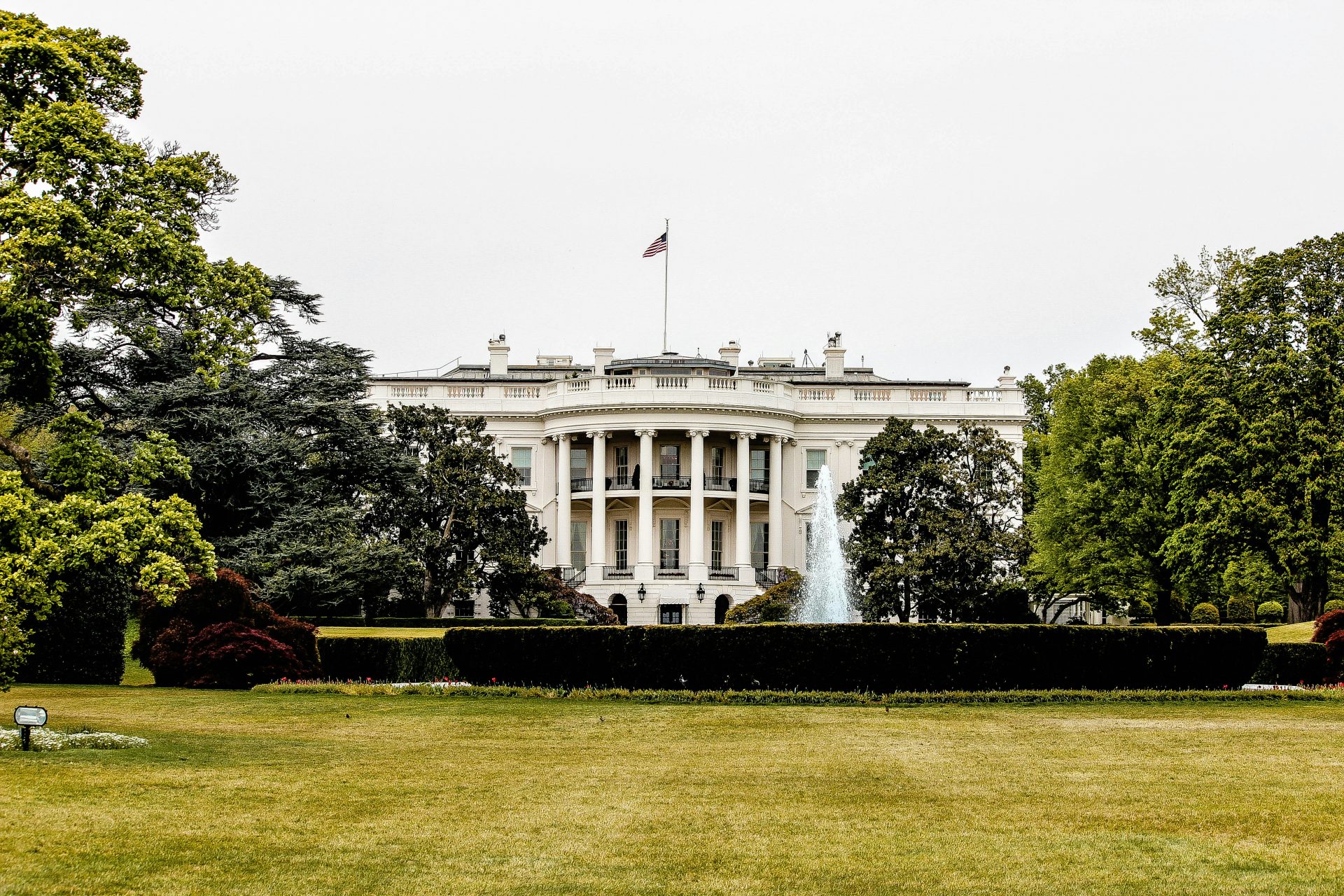

In a development that has ignited global scrutiny and domestic legal controversy, the Trump administration recently authorized a U.S. military strike that killed 11 individuals aboard a speedboat in the Caribbean Sea, allegedly tied to Venezuela’s “criminal underworld”. The administration claims the boat was a “narco-terrorist” vessel operating under the umbrella of Tren de Aragua, a Venezuelan gang the United States designated a terrorist organization earlier this year (Reuters, 9/3/25).
President Trump shared video footage of the strike on his social platform Truth Social, calling it “an incredible win” for national security. But legal experts and immigration advocates are raising serious concerns: not only about the facts of the case but about the precedent this strike sets for the use of lethal force in non-combat, non-judicial international scenarios.
Extrajudicial or Justified? Legal Analysis of the Caribbean Strike
While the Trump administration insists the strike was part of an expanded anti-narcotics campaign, seasoned analysts argue the operation may have violated both U.S. and international law.
According to Reuters, international maritime law allows for the interdiction of vessels suspected of drug trafficking, but lethal force is reserved only for self-defense or under formal wartime engagement. None of the facts released by the administration demonstrate that the 11 passengers posed an imminent threat to U.S. forces or civilians.
“It is unclear whether there was even a lawful basis for targeting these individuals,” said a former senior official at the Department of Justice. “This wasn’t a battlefield. This was open water. Drug smuggling—however serious—is not justification for a drone strike without judicial oversight.”
The U.N. Charter and Law of the Sea Convention, to which the U.S. is a signatory in principle, emphasize due process and the right to life—even in cases involving suspected criminal conduct on the high seas.
Were They Smugglers, or Migrants?
Adding to the confusion is the tactical implausibility of the administration’s account. Why, legal analysts ask, would 11 people be required aboard a speedboat transporting narcotics? Most drug operations rely on minimal crews to limit exposure and cost. The presence of such a large number of individuals suggests a different possibility: that the vessel may have been carrying migrants, not drugs.
“From a migration law perspective, 11 people on a small vessel is consistent with human smuggling, not narcotics,” said Brad Bernstein from Spar & Bernstein. “We’ve represented countless clients who’ve taken similar risks in hopes of reaching safety and reunifying with family. Those individuals deserved arrest, screening, and legal process, not death.”
The lack of confirmed evidence, the absence of verified contraband, and the absence of survivors to testify raise the specter of a politically motivated strike, intended more for show than substance. Even the authenticity of the video Trump shared is being questioned by news analysts, though Reuters has yet to verify any manipulation.
Expanding Executive Power Without Oversight
This event highlights the growing trend of executive overreach in the name of national security, particularly where immigration enforcement intersects with the use of military force.
The Trump administration has previously broadened the legal definition of “enemy combatant” to include drug cartels and smuggling organizations, creating a legal gray zone where constitutional protections are suspended. Legal scholars warn this could open the door to further unilateral military action against civilians, without oversight or accountability.
Secretary of State Marco Rubio defended the strike, saying the U.S. could have interdicted the boat, but chose a “deterrent” approach instead. While the desire to combat transnational crime is understandable, the failure to follow arrest and prosecution procedures should alarm every legal professional and every American.
Human Rights, Immigration, and the Role of Attorneys
For immigration lawyers at Spar & Bernstein, this strike is part of a troubling shift toward the criminalization and militarization of migration. Increasingly, we see undocumented individuals—many of whom are longtime residents, parents, and contributors to our communities—being cast as criminals or terrorists.
“Whether these 11 people were migrants, asylum seekers, or wrongfully accused, they deserved due process,” says Brad. “We are here to protect the rights of the undocumented and to ensure that no one is punished without evidence, without trial, and without justice.”
If your loved one is missing, detained abroad, or possibly affected by this strike or similar military action, our office is prepared to investigate, advocate, and provide legal relief where possible. We have decades of experience litigating complex immigration and humanitarian cases—and we stand firm in the belief that the law must serve people, not politics.
Final Thought
This tragic episode reminds us of the vital role immigration attorneys play in defending constitutional rights, even beyond U.S. borders. While the political rhetoric may be harsh and the military power vast, the law remains clear: due process is not optional. It’s essential.
For those with questions about family members missing at sea, under deportation review, or affected by recent changes to immigration enforcement protocols, we encourage you to contact the attorneys at Spar & Bernstein today.
Your future, and your rights, should never be left to the whims of political theater.




